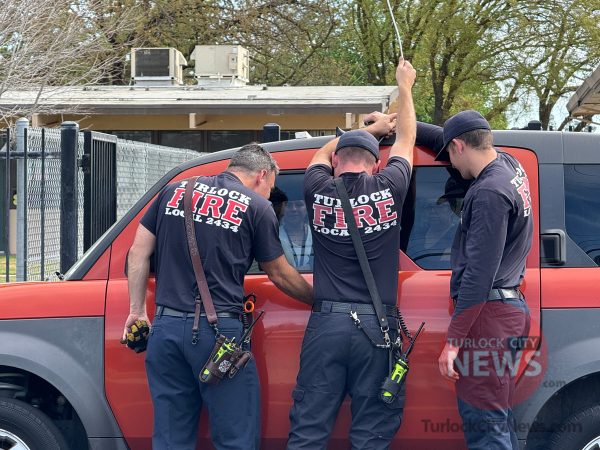The U.S. Department of Agriculture (USDA) confirmed a case of mad cow disease in a central California dairy cow.
"As part of our targeted surveillance system, the U.S. Department of Agriculture’s (USDA) Animal and Plant Health Inspection Service (APHIS) has confirmed the nation’s fourth case of bovine spongiform encephalopathy (BSE) in a dairy cow from central California,” stated USDA Chief Veterinary Officer John Clifford. “The carcass of the animal is being held under State authority at a rendering facility in California and will be destroyed.”
According to the USDA, samples from the animal in question were tested at USDA’s National Veterinary Services Laboratories in Ames, Iowa. Confirmatory results using immunohistochemistry and western blot tests confirmed the animal was positive for atypical BSE, a very rare form of the disease not generally associated with an animal consuming infected feed.
BSE is commonly known as mad cow disease.
The USDA has not yet released information as to where the dairy cow came from specifically.
Clifford stated that the animal was never presented for slaughter for human consumption, so at no time presented a risk to the food supply or human health. Additionally, milk does not transmit BSE.
BSE is a progressive neurological disease among cattle that is always fatal. It belongs to a family of diseases known as transmissible spongiform encephalopathies. Affected animals may display nervousness or aggression, abnormal posture, difficulty in coordination and rising, decreased milk production, or loss of body weight despite continued appetite.
“Evidence shows that our systems and safeguards to prevent BSE are working, as are similar actions taken by countries around the world,” stated Clifford. “This is directly attributable to the impact and effectiveness of feed bans as a primary control measure for the disease.”
In 2011, there were only 29 worldwide cases of BSE, a dramatic decline and 99% reduction since the peak in 1992 of 37,311 cases.
“The beef and dairy in the American food supply is safe and USDA remains confident in the health of U.S. cattle. The systems and safeguards in place to protect animal and human health worked as planned to identify this case quickly, and will ensure that it presents no risk to the food supply or to human health,” stated U.S. Agriculture Secretary Tom Vilsack. "The USDA has no reason to believe that any other U.S. animals are currently affected, but we will remain vigilant and committed to the safeguards in place."






